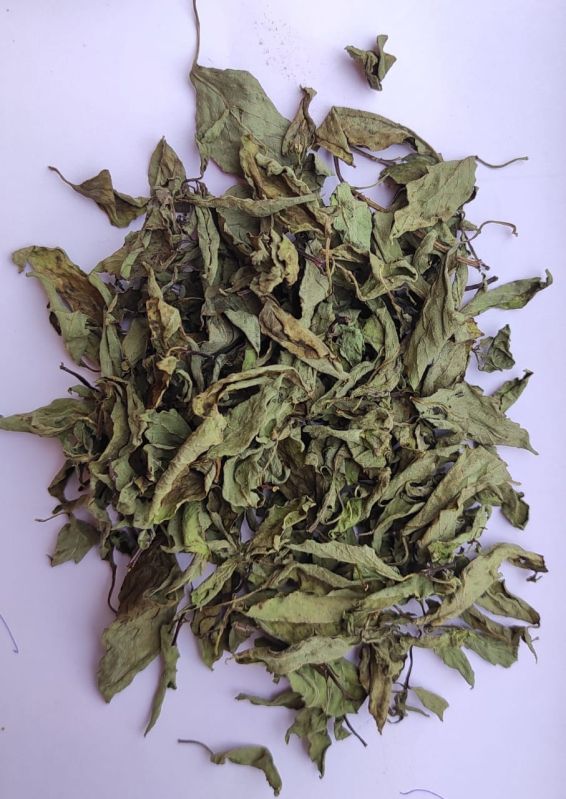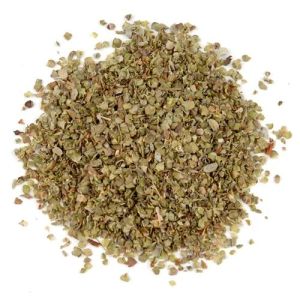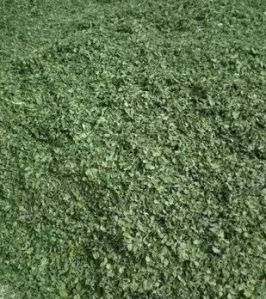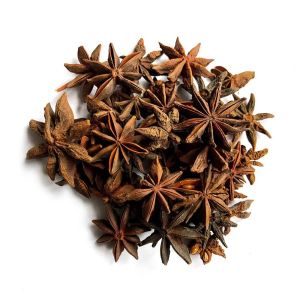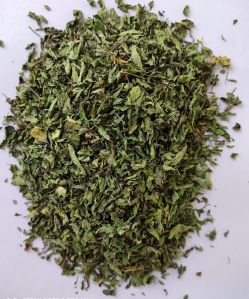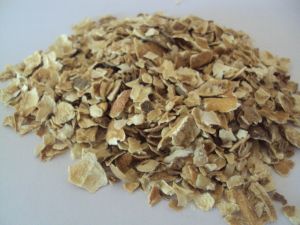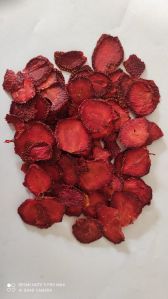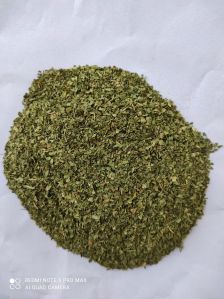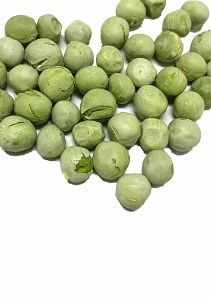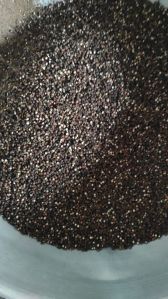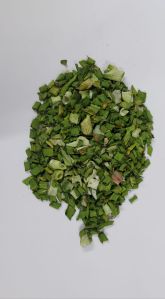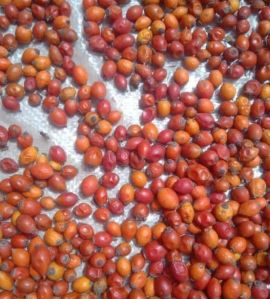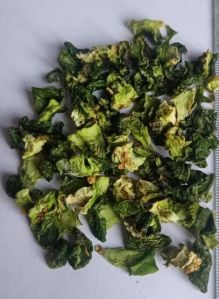- Vadodara, Gujarat
- GST NO. : 24AAHCP2064R1ZZ
- +91-8000177899, +91-9373241098
Dried Rama Tulsi Leave
| Business Type | Manufacturer, Supplier, Trader |
| Style | Dried |
| Color | Green |
| Packaging Size | 25 Kg |
| Click to view more | |
Preferred Buyer From
| Location | Anywhere in India |
Product Details
Botanical name: Ocimum Sanctum
Shyam Tulsi is an aromatic plant in the family Lamiaceae, also called as Krishna tulsi. Shyam Tulsi, is darker in color and more effective as a destroyer of kapha. It possesses hundreds of medicinal virtues that both help prevent as well as cure diseases. The mere smell of leaf makes the atmosphere healthy and hinders the growth of mosquitoes and flies in the area. Shyam Tulsi is cultivated for religious and medicinal purposes, and for its essential oil.
Benefits and uses:
Shyam Tulsi used in herbal tea, commonly used in Ayurveda to enhance the immune system, fight fungus and combat bacteria, in treatment of sore throats, respiratory illnesses, earaches and skin diseases.
The whole plant is used in treatment of glossitis, ulcers, maggots in wounds, anthrax, pneumonia, tympanitis, pain in abdomen, constipation, stoppage of urination, liver fuke, loss of appetite, stomach pain, dog bite, cold and cough, cannabis poisoning, opacity of cornea, swelling of lungs, tachycardia, sprains and sore eyes.
Ocimum sanctum fixed oil produced hypotensive effect in anaesthetized dog, which seems to be due to its peripheral vasodilatory action. The oil increased blood-clotting time and percentage increase was comparable to aspirin and could be due to inhibitation of platelet aggregation
The essential oil of Ocimum sanctum showed potent anthelmintic activity in the Caenorhabditis elegans model.
Ocimum sanctum oil showed good antibacterial activity against Staphylococcus aureus, Bacillus pumilus and Pseudomonas aeruginosa. In addition it posseses significant anti-inflammatory activity against carrageenan -and different other mediator- induced paw edema in rats.
Ocimum sanctum modulates the humoral immune responses by acting at various levels in the immune mechanisms such as antibody production, release of mediators of hypersensitivity reactions, and tissue responses to these mediators on the target organs.
Aqueous extract of Ocimum sanctum possess potential anti-cataract activity against selenite-induced experimental cataractogenesis. Aqueous extracts of Ocimum sanctum inhibited hypercholesterolemia-induced erythrocyte lipid peroxidation activity.
Ocimum sanctum leaf extract protected mice against haloperidol-induced catalepsy and protective effects are comparable with standard drugs, scopolamine and ondansetron.

